Screws & Fixings
Useful Blog Posts & Guides
Find out more about Screws & Fixings
Screws and fixings are essential hardware components used in various DIY projects, construction, and woodworking tasks. They play a vital role in securely joining different materials together, providing strength and stability to structures and objects. From screw nuts to screw nails, our wide range is suitable for a wide range of applications.
Screws come in a wide range of types and sizes, each designed for specific applications. Common types include wood screws, machine screws, self-tapping screws, and drywall screws. The choice of screw depends on factors such as the material being fastened, the weight load it needs to bear, and the desired level of durability.
Wood screws, as the name suggests, are primarily used for fastening wood. They have a sharp point and coarse threads that grip the wood fibres, ensuring a secure hold. Machine screws, on the other hand, are typically used with nuts or threaded holes and are commonly found in appliances, electronics, and machinery.
Self-tapping screws have a unique feature - they can create their own threads as they are driven into materials like metal or plastic. This eliminates the need for pre-drilling and makes them ideal for quick and efficient installations. Drywall screws, as the name implies, are specifically designed for attaching drywall to studs or frames. They have a coarse thread and a sharp point, allowing for easy penetration into the drywall.
Fixings, on the other hand, refer to the various components used to secure objects or materials in place. This can include items such as wall plugs, anchors, brackets, and clips. Wall plugs are commonly used in masonry or concrete walls to provide a secure anchor point for screws or other fasteners. Anchors, on the other hand, are used to provide additional support and stability in materials like drywall or plasterboard.
Brackets and clips are often used to hold objects or structures together, such as shelves, cabinets, or frames. They come in various shapes and sizes, allowing for versatility in different applications. These fixings are designed to provide strength and stability, ensuring that objects remain securely in place.
When selecting screws and fixings, it's important to consider factors such as the material being fastened, the weight load it needs to bear, and the environment in which it will be used. Using the right type and size of screw, along with appropriate fixings, will ensure a secure and long-lasting connection.
So, whether you're working on a DIY project, constructing furniture, or undertaking a larger construction task, screws and fixings are essential components.
Screws & Fixings FAQs
What types of screws are suitable for wood projects?
For wood projects, you'll typically want to use wood screws. They have a sharp point and coarse threads that grip the wood fibres, providing a secure hold. Wood screws come in various lengths and sizes, so you can choose the right one based on the thickness of the wood and the weight load it needs to bear.
How do I choose the right size of screw for my project?
When choosing the right size of screw for your project, you'll want to consider the thickness of the material you're working with. A general rule of thumb is to use a screw that is about twice the thickness of the material. For example, if you're working with a 1/2-inch thick piece of wood, you would choose a screw that is around 1 inch long. It's also important to consider the weight load and the type of material you're fastening together. If you're unsure, it's always a good idea to consult a hardware store expert or refer to a screw size chart.
Can I use the same screws for different materials like metal and wood?
Yes, you can use the same screws for different materials like metal and wood, but it depends on the type of screw and the specific application. Some screws, like self-tapping screws, are designed to work well with both metal and wood. However, for optimal results and to ensure a secure hold, it's often recommended to use screws specifically designed for the material you're working with. For example, using wood screws for wood projects and metal screws for metal projects. This helps to prevent stripping or damaging the material. If you're unsure, it's always a good idea to consult a hardware store expert for guidance.
What are self-tapping screws and when should I use them?
Self-tapping screws are screws that have a sharp, pointed end and specially designed threads. These screws are able to create their own threads as they are driven into a material, such as wood or metal, without the need for pre-drilling. They are often used when you want to fasten materials together without using a separate pilot hole. Self-tapping screws are convenient for quick and efficient installations, especially in applications where drilling may be difficult or time-consuming. They are commonly used in woodworking, metalworking, and DIY projects.
How do I know which type of fixing to use for my wall?
To determine the type of fixing to use for your wall, you'll want to consider the weight and type of item you're planning to hang. For lighter items like picture frames or small shelves, you can use wall plugs and screws. For heavier items like mirrors or large shelves, it's recommended to use wall anchors or toggle bolts for added support. It's important to choose the right fixing that matches the material of your wall, such as drywall or concrete. If you're unsure, consulting a hardware store expert or following the manufacturer's recommendations can be helpful.
What's the difference between wall plugs and anchors?
Wall plugs and anchors are both types of fasteners used to secure items to walls, but they have some differences. Wall plugs, also known as wall anchors or screw anchors, are typically made of plastic or nylon. They are inserted into pre-drilled holes in the wall and provide additional support for screws. Wall plugs expand when the screw is inserted, creating a secure hold in materials like drywall or plaster.
On the other hand, anchors are usually made of metal and are designed for heavier-duty applications. They often have a more complex design, such as toggle bolts or expansion anchors. Anchors provide a stronger and more secure hold, especially in materials like concrete or masonry. They are commonly used for hanging heavy objects or when additional strength is needed.
In summary, wall plugs are suitable for lighter items and materials like drywall, while anchors are better for heavier items and more robust materials. It's important to choose the right type of fastener based on the weight of the item and the material of the wall.

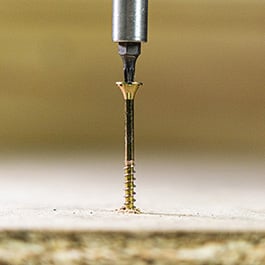
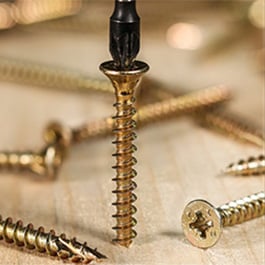
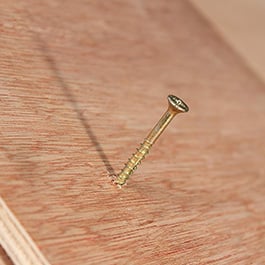
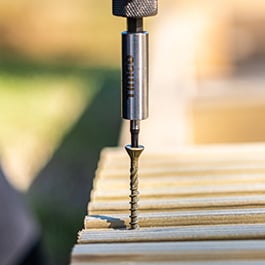
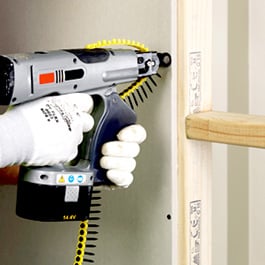
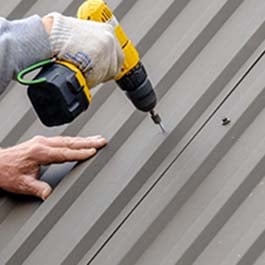
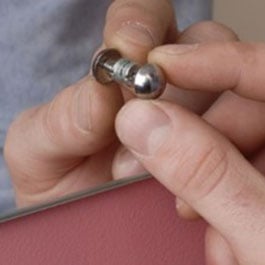
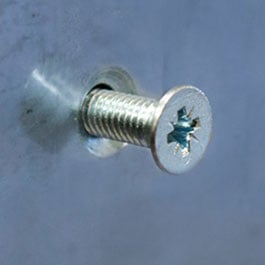
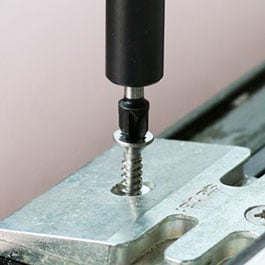
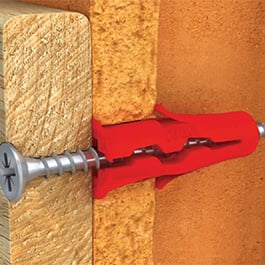
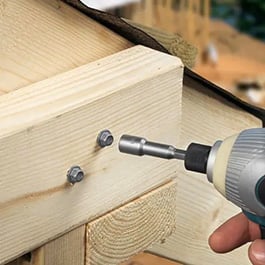
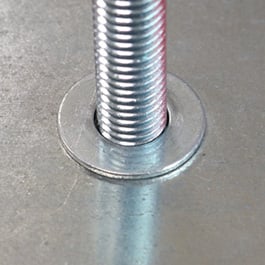

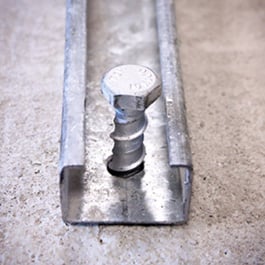
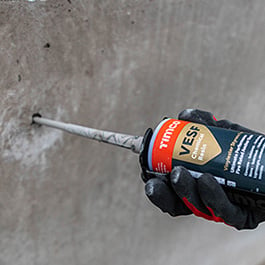
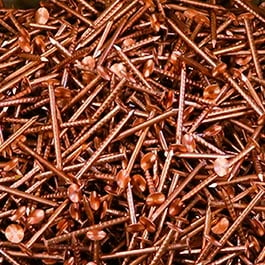
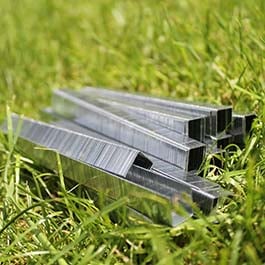
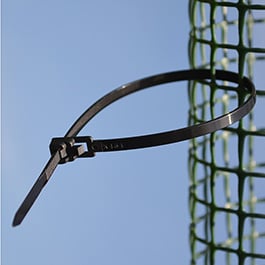
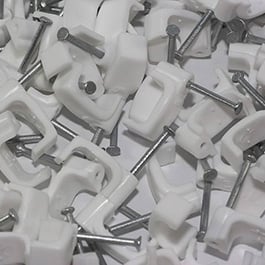
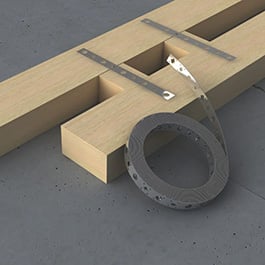
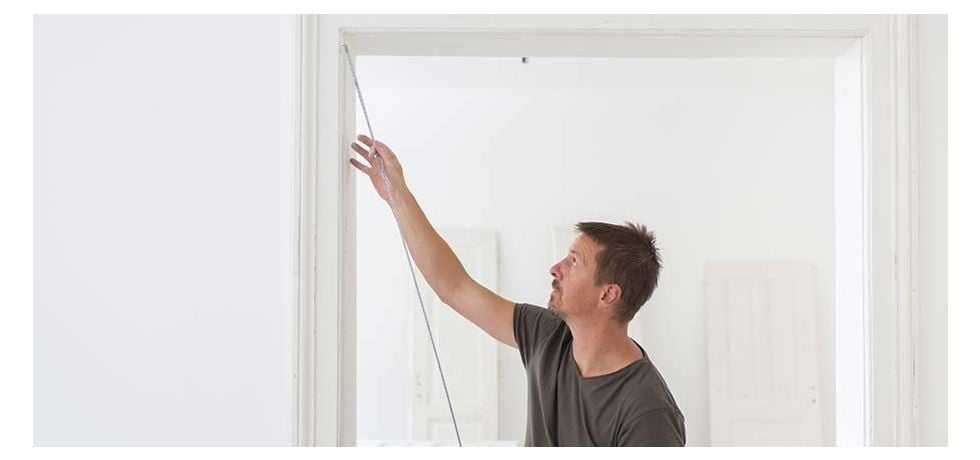
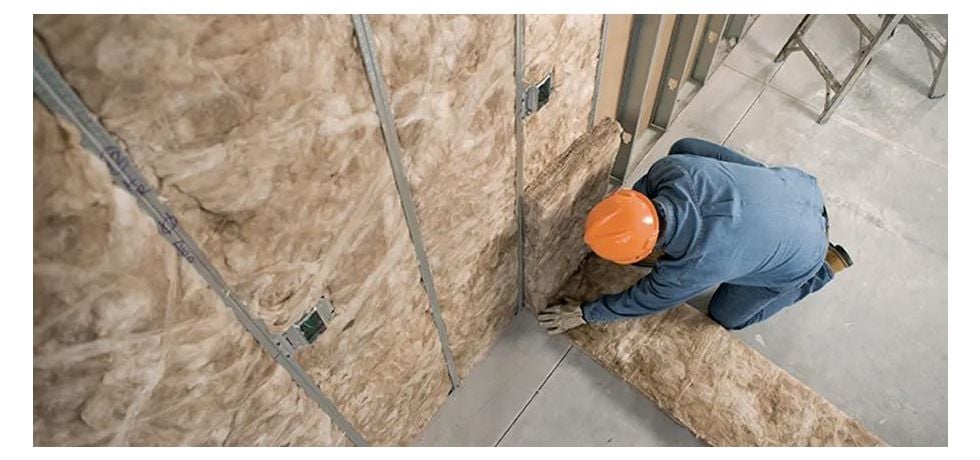
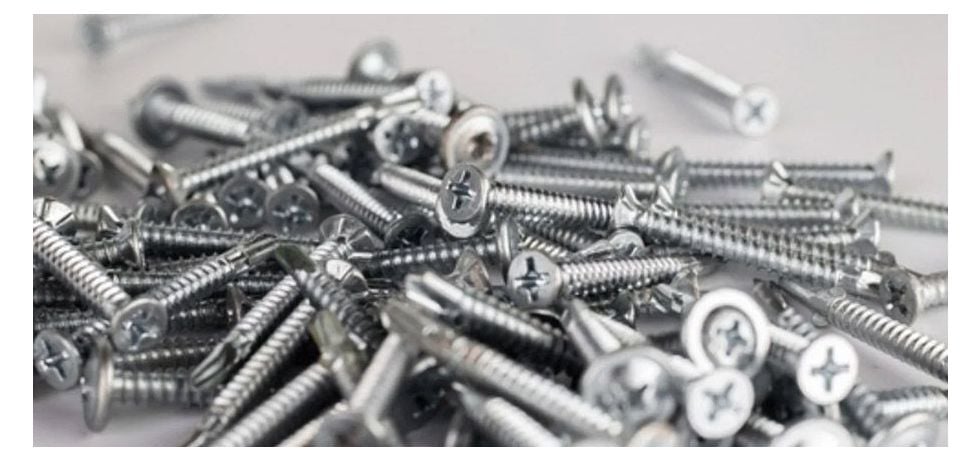
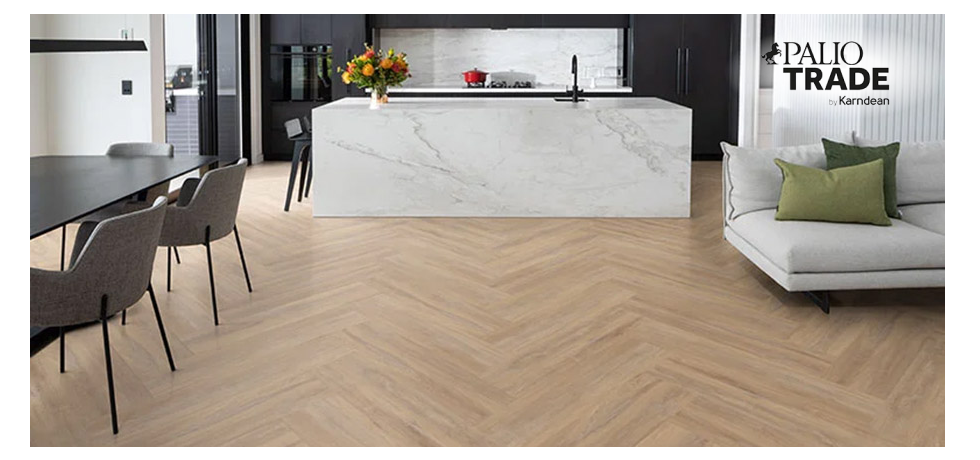
Discover an extensive selection of Screws and Fixings at Trading depot. We have a wide selection of screws and fixings that are designed to provide secure and reliable fastening solutions. From wood screws to masonry anchors, our range includes various sizes, materials, and types to suit your specific needs. Our screws and fixings are made with precision and durability in mind, ensuring that they will hold up even in demanding applications. Whether you're working on a small home improvement project or a large-scale construction job, our screws and fixings will help you get the job done right. Explore our collection and find the perfect screws and fixings for your next project.